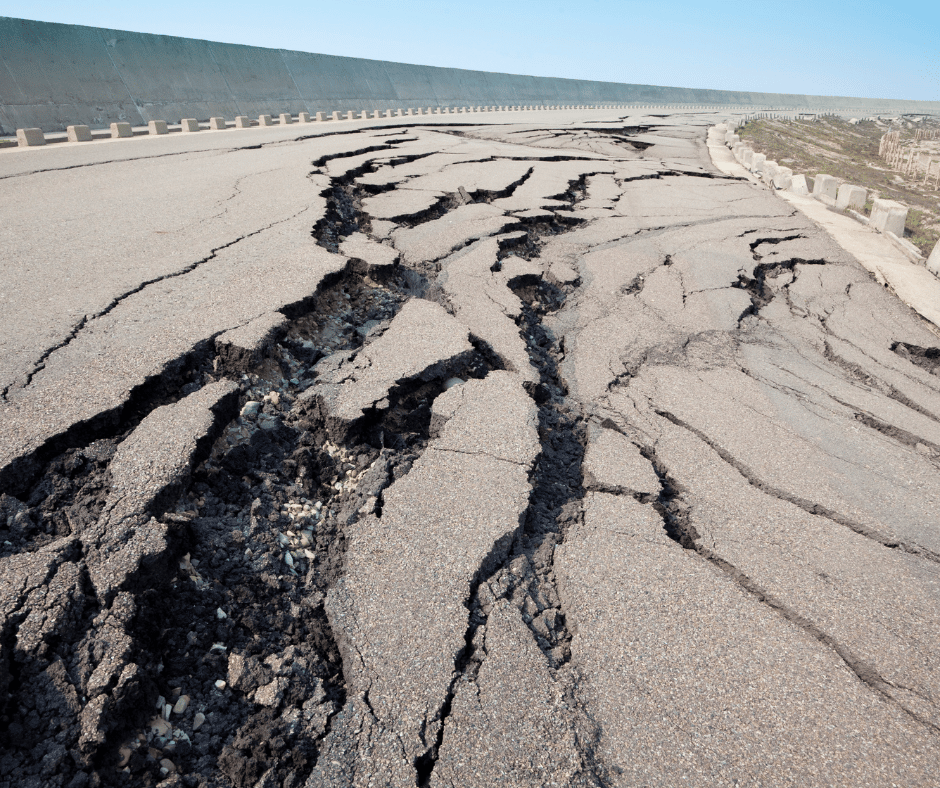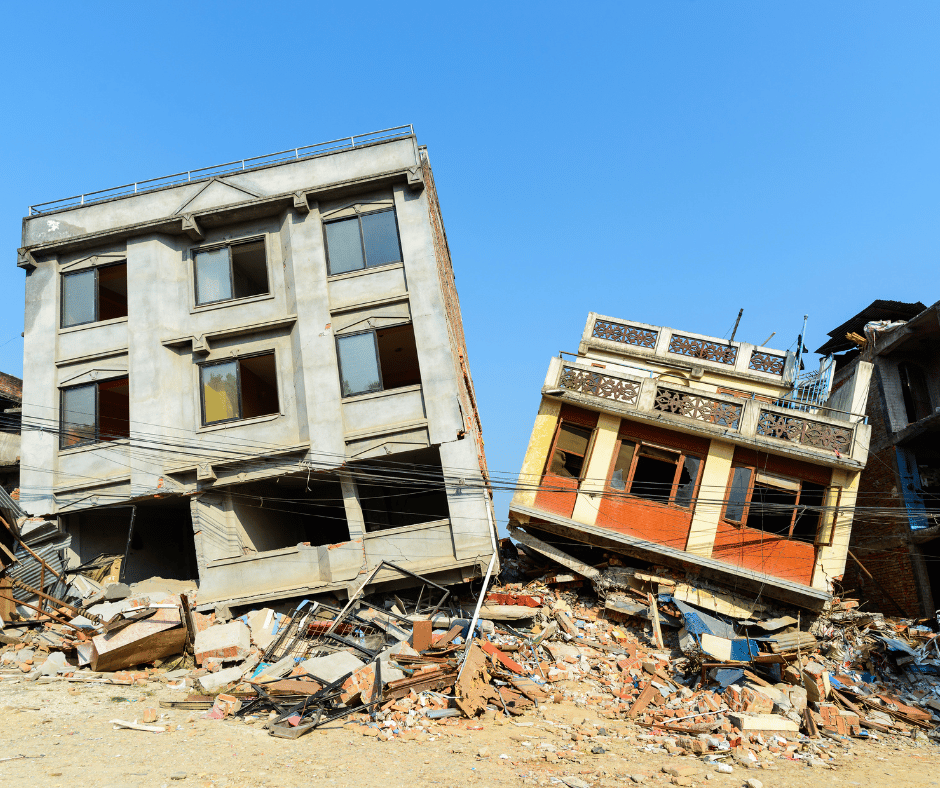Earthquakes are one of the most devastating natural disasters in the world. They can cause massive damage to property and loss of life. But what causes earthquakes? And can we do anything to prevent them? In this blog post, we will explore the science behind earthquakes and discuss some possible ways to reduce their impact.

Earthquakes are the result of shifting tectonic plates in the Earth’s crust. The movement of these plates creates stress on the Earth’s surface, and when that stress is released suddenly, it causes vibrations that can be felt as an earthquake. These vibrations travel through the Earth and can cause damage depending on their intensity and location.
In addition to plate tectonics, earthquakes can also be caused by volcanic activity or man-made activities such as underground explosions or construction projects. Sometimes, the exact cause of an earthquake remains unknown; however, scientists have developed technologies such as seismic sensors to help them better understand how and why earthquakes occur.
Reducing the impact of earthquakes requires understanding where they are likely to occur and preparing for them in advance. For example, building codes can be designed to make structures more resistant to earthquakes, and emergency response plans can be created to ensure that people are able to evacuate quickly in case of a quake.
How do people survive Earthquakes?
Surviving an earthquake requires planning and preparation. People should have a plan for quickly evacuating the area if necessary, know how to shut off utilities, and be familiar with their local emergency response protocols. Additionally, people should make sure they have adequate supplies in case of an emergency such as food, water, first aid kits, flashlights and batteries.

It is also important to secure large or heavy furniture items that could become dangerous projectiles during a quake. Finally, it is wise to practice “drop, cover and hold on” during earthquakes so that you can protect yourself from falling debris and other hazards.
Though earthquakes are unpredictable, it is possible to reduce their impact through preparedness and awareness. By understanding the science behind earthquakes and taking measures to mitigate their effects, we can create safer communities and save lives.
